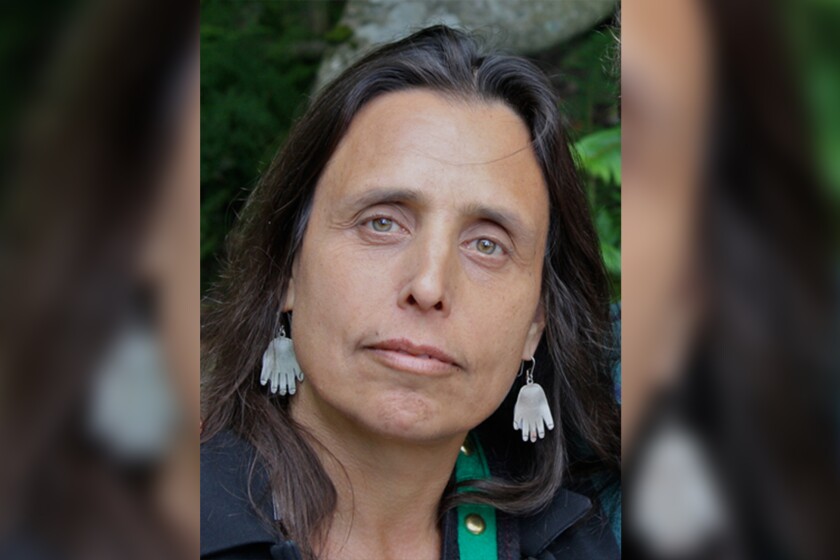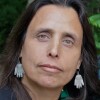Maybe the Maldives should buy some North Dakota real estate.
Let me restate that. North Dakota is big on methane gas. That’s the flaring in the Bakken that, like the carbon out of the Beulah plants, is, well, sinking countries.
ADVERTISEMENT
In 2010, the Maldives began investing a portion of the country’s billion-dollar annual tourist revenue into buying a new country — a new homeland, so to speak. That’s their insurance policy: To find a back-up place to live for 300,000 people.
The United Nations forecasts that seas are likely to rise 3 feet by the year 2100. Most of the Maldives, a chain of 1,200 islands and coral atolls off the coast of India, is going to be underwater when the sea level rises from the melting polar ice sheets.
The UN forecasts that the seas are likely to rise by up to 59 cm by 2100 due to global warming. Most parts of the Maldives are just 1.5 m above water. Former Maldives President Mohamed Nasheed said even a "small rise" in sea levels would inundate large parts of the archipelago.
"We can do nothing to stop climate change on our own and so we have to buy land elsewhere. It's an insurance policy for the worst possible outcome. After all, the Israelis [began by buying] land in Palestine,"
According to Nasheed, he broached the idea with a number of countries and found them to be "receptive." He’s particularly interested in Australia, because of the amount of “unoccupied land.” Now, aside from the fact that Aboriginal people live on that land, Australia does have some land.
But so does North Dakota.
North Dakota’s methane flaring is no small thing. So maybe North Dakota should just offer up some land in return for the carbon diet Gov. Burgum and the oil industry are putting out.
ADVERTISEMENT
Earlier this month, at the UN Conference on Climate Change in Scotland, a sobering reality of the climate crisis met the political rhetoric of leaders such as President Biden and Prime Minister Trudeau. One example: Enbridge’s Line 3, the single largest tar sands pipeline in the world, is now moving oil. The 915,000 barrels of oil a day which can move through that line is the equivalent to adding 50 new coal-fired power plants, or 223 million metric tons of carbon annually to the environment. Nothing to brag about, really.
Meanwhile, for some of us it’s hard to be sad that Enbridge is moving along. The Canadian company is selling land and prime office space such as the former Carnegie library in downtown Park Rapids. Gone so soon? It turns out that being a downtown business in Park Rapids afforded the company a lot of privileges, like the use of municipal water from the city drawn from the deep-water well which was intended to serve residents of Park Rapids, not a Canadian pipeline company that occupies space for a couple of years and pretends it is a local business.
It turns out that being in a hurry is not always a good thing: That’s how you pierce an aquifer and get 28 frac-outs into the pristine waters.
For those of us who, like the Anishinaabe, intend to stay in our homeland, it’s really something to consider the empty promises of politicians while fossil fuel companies continue to wreak havoc in the world around us. Larger questions -- where do our people live after the mess settles in? -- are not only questions in Clearwater County or Park Rapids, but around the world.
The people of the Maldives need a new home. And even though we learn our world geography from which far-away country is being bombed or sinking into the ocean, it turns out that “far away” is also here. When the sea rises, she will take Baltimore, Manhattan, and a large chunk of real estate in Florida.
It’s sad as heck that politicians continue to throw countries and counties under the bus of Big Oil, when what we need is practical and effective solutions, not more carbon in the atmosphere.
Winona LaDuke is executive director, Honor the Earth, and an Ojibwe writer and economist on Minnesota’s White Earth Reservation. She is also owner of Winona's Hemp and a regular contributor to Forum News Service.









